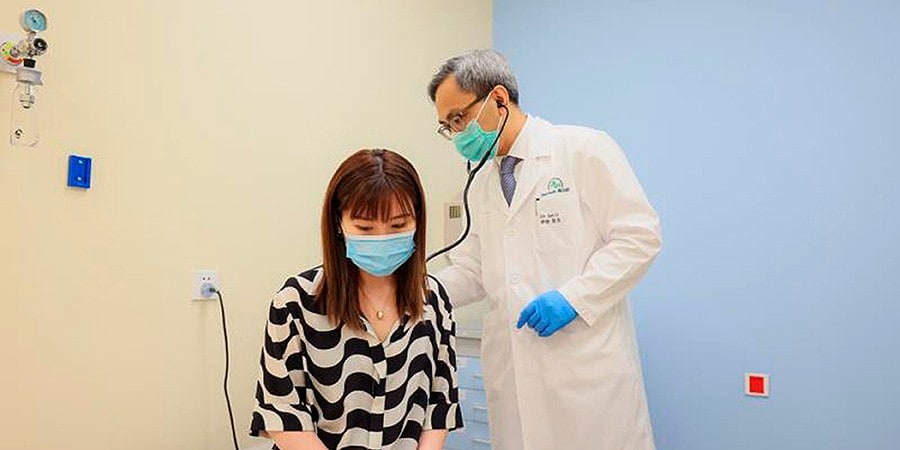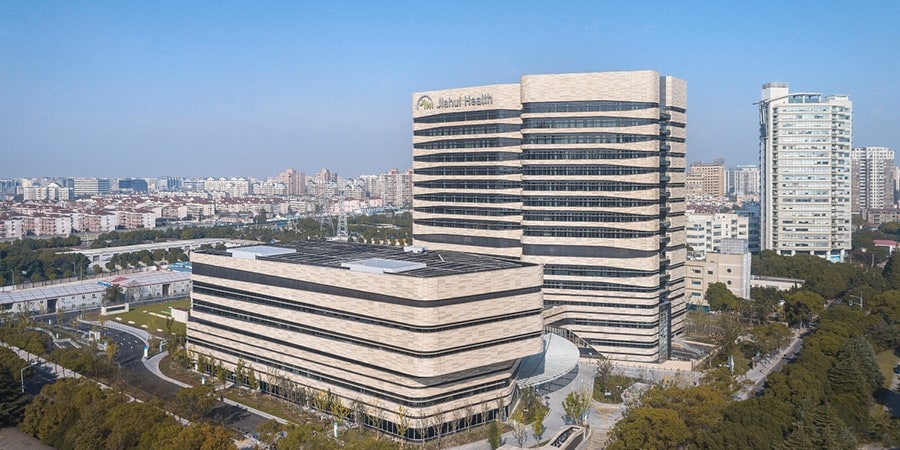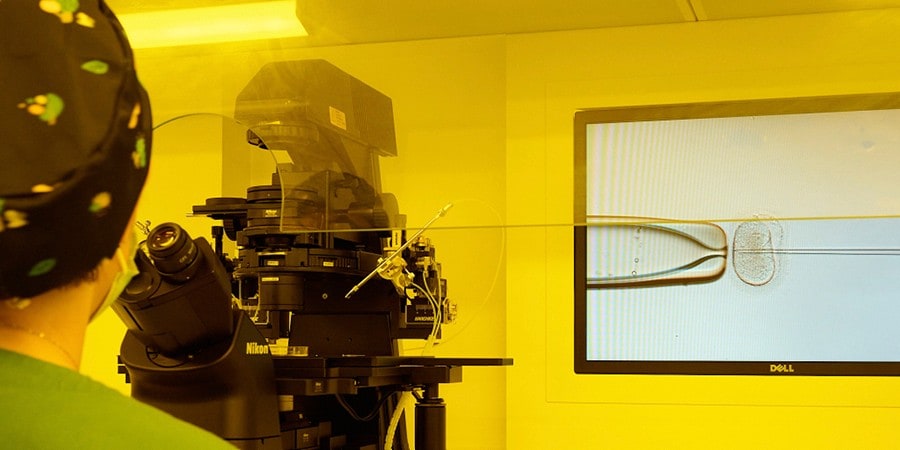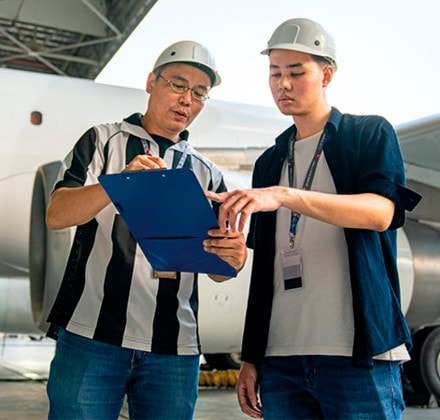Our Stories
Bridging the Healthcare Gap
At Jiahui International Hospital, cancer does not meet a doctor. It meets an entire team. Medical, surgical and radiation oncologists, along with other specialists, discuss the best battle plans, placing the patient — not the disease — at the centre of care.

Jiahui differentiates itself through a patient-centric model of care, and helps alleviate some of the strain on Shanghai’s stretched medical resources (Photo: Jiahui International Hospital)
Cancer care is among more than 35 specialities that have rapidly evolved at Jiahui, Shanghai’s international tertiary general hospital to keep pace with longer lifespans and rising demand for quality health care.
In the six years since it opened its doors in late 2017, Jiahui, co-branded with the Harvard affiliated Massachusetts General Hospital, has established teams of leading international and local doctors, cutting-edge facilities, research collaborations and clinical trials. In that time, it has also created centres of excellence for Jiahui International Cancer Centre, women’s health, orthopaedics and sports medicine, and cardiology.
“Temasek’s investment has been critical in getting us to where we are today, and it will continue to be important as we expand further, not just in integrated care delivery, but building up an innovative healthcare ecosystem in China that spans care, research, and education,” says Ge Feng, founding CEO of Carebridge Holdings, which owns and operates the hospital and its ancillary network.
Doing Good, and Doing Well
Temasek’s investments in China are guided by the long term structural trends playing out in the world’s second largest economy, says Andy Zeng, Director of Investments (Shanghai) at Temasek.
Three decades of economic boom have brought with them longer lifespans, rising levels of affluence, and growing demand for quality healthcare. However, this comes at a time when there is a scarcity of medical resources, and mounting pressure to bring healthcare costs down.
“Investments in these areas have the potential to deliver stable returns over the long term, in line with Temasek’s strategy to build a forward looking and resilient portfolio, and also allow us to do good while doing well,” says Andy.
Learn more about our investments across key sectors and geographies, guided by our structural trendsTemasek’s investments are focused on two main areas: meeting underserved needs, and healthcare innovations that enhance efficiency and lower costs.
“Healthcare is something every generation needs, whether the elderly, children, or those in between. With good quality of care, they live better,” he says.
“Healthcare is something every generation needs, whether the elderly, children, or those in between. With good quality of care, they live better.”
Andy Zeng
Director, Investments (Shanghai)
Temasek

The 500-bed Jiahui International Hospital has seen patient numbers quadruple since 2019. Carebridge hopes to replicate its success at an even larger medical facility that opens in Beijing in 2027. (Photo: Jiahui International Hospital)
In Shanghai, close to one in five residents is aged over 60. As such, major hospitals like Jiahui consistently operate at full capacity to tackle the often-complex health conditions faced by the elderly. For example, during Shanghai’s COVID waves in 2022, Jiahui’s 500-bed facility helped ease the strain on the healthcare system. On the other end of the spectrum, Temasek’s investments are securing better futures for the young.
Its investment in Orient Speech Therapy strives to provide autistic children with speech intervention therapies soon after speaking and before they reach school-going age, after which treatment is far less effective. “You only have two to four years to maximise the efficacy of the treatment. But if you get in during the window, you can have a major impact,” says Andy.
With increasing government pressure to lower healthcare costs, Temasek is also backing homegrown innovations, from medical devices to biotech, to help rein in costs. “This potentially benefits the entire population, so it is an important trend for us to capture and build our strategy on,” he says. Connecting capabilities within its ecosystem could create further value — for instance, with its capabilities to conduct clinical trials, Jiahui is well placed to help accelerate drug development.
“Healthcare is not a business where you can accelerate growth by aggressive marketing. You need to ensure quality of care, build up good teams, and put in place the right standard operating procedures,” Andy says. “When you build it up, there will be good returns for both companies and communities.”
Pushing Out Further, and Faster
Beyond capital, Temasek has also lent its strategic and network strength to Jiahui’s operational and growth strategy, allowing it to push closer to its vision for a population-focused healthcare, catering to unmet needs for China’s rising middle income population. Since 2019, Jiahui has seen the number of outpatient visits more than quadruple as its capabilities grow.
By year end, construction is expected to start on a second Jiahui flagship hospital in Beijing. The vision for it is even more ambitious — rather than a standalone tertiary hospital, the facility will be an international health complex, integrating centres of excellence, wellness and health management, rehabilitation, and translational research.
“Our tertiary hospitals serve as the anchor, but eventually we want to build a vertical healthcare ecosystem, from tertiary care to digital care,” says Ge Feng. Jiahui already operates satellite and community clinics, and offers home care in towns around Beijing and Shanghai. It is also growing its reach through telehealth consultations. “What we are doing is laying the foundation for an integrated, innovative ecosystem,” he says.

Jiahui’s commitment to lifelong care starts even before birth, at its IVF centre (Photo: Jiahui International Hospital)
A second focus is further building up medical education and research to strengthen its talent pipeline and keep practitioners up to date, including through information sharing. “We aim to serve as a bridge between the Chinese and international medical communities, both in terms of knowledge and in adopting international best practices,” he says. “Medicine is continually evolving, and requires constant education, as well as research — that's very important for the long term sustainability of our business. Since 2016 we have been the strategic partner of the New England Journal of Medicine and exclusively run its China operations.”
As China steps up its response to healthcare, there is significant headroom to help it push further, and faster, says Andy.
“Our capital can enable companies to respond more effectively to healthcare gaps and meet pressing demands with best-in-class services and innovations. Together, we can have a positive impact — for every generation, and for years to come.”
Jump to





